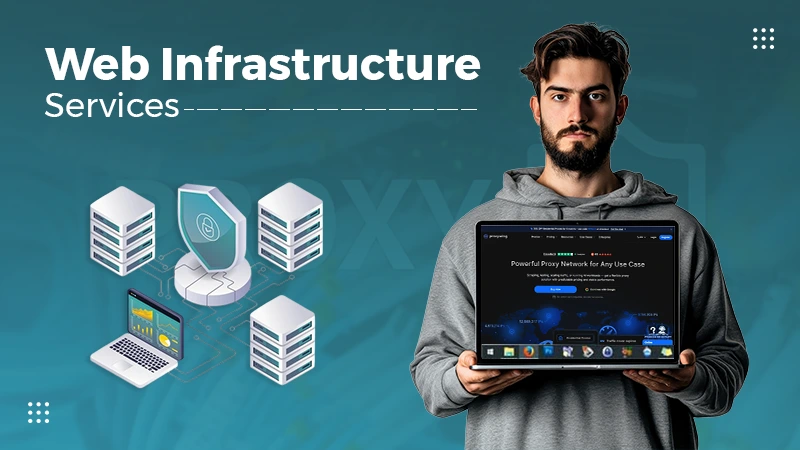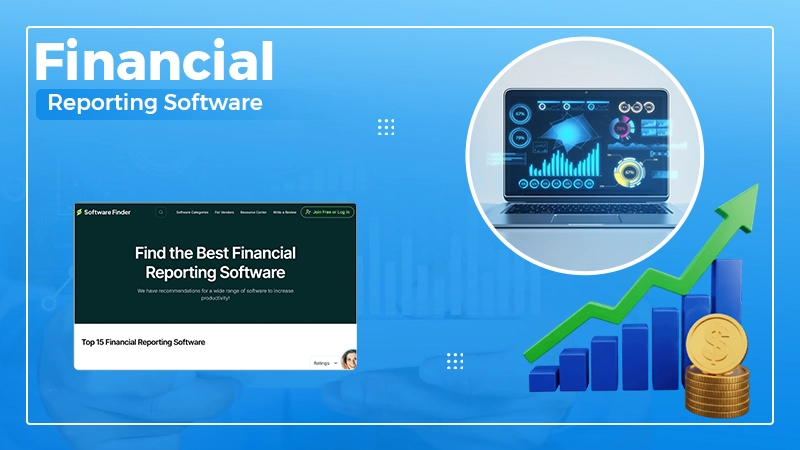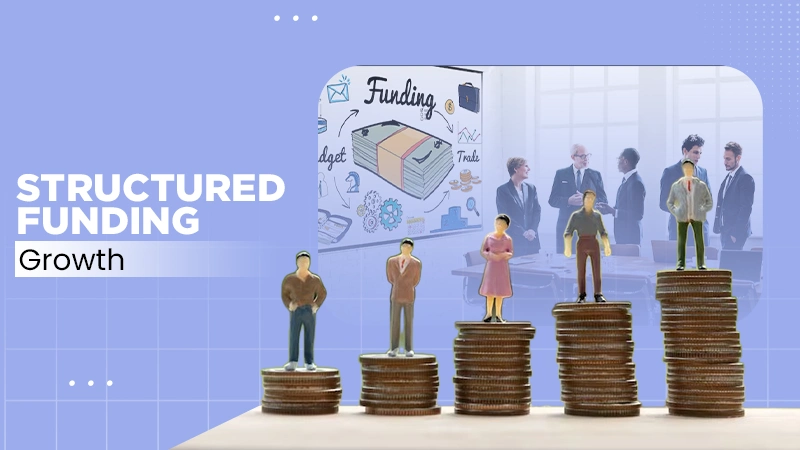They are Blackstone, KKR (Kohlberg Kravis Roberts), Carlyle Group, and Apollo Global Management (according to current ranking).
KEY TAKEAWAYS
- Discover the types of private equity that influence accounting firms
- Understand the impact of PE on firm operations and growth
- Learn about the challenges of PE involvement in accounting
Private equity is no longer a buzzword in businesses. Even PE investment is shaping the highly regulated landscape for global accounting firms. Don’t believe me?
According to the Financial Times, in 2021, private equity firms invested over $30 billion in accounting and financial services globally, showing a 20% increase from the previous year. If you ever rented a vehicle like https://trinityrental.com/rent-lamborghini and drove it, you probably know the buzz and feel of speed and accuracy.
Private equity does the same by helping the global accounting firms grow and change quickly by investing money and using its skills. This eventually leads to new ideas, mergers, and new business models. Let’s dive into the article and learn how this thing is working globally.
The Changing Ownership Landscape of Global Accounting Firms
For many years, large accounting firms followed a simple model where the firms were owned by partners, and ownership stayed inside the profession. But as the industries have grown more complex and creative, this model has started to change.
The main reason behind this change was the growing demand for advisory, tax, and consulting services, the need for heavy investment in technology and data tools, and global competition from both traditional firms and tech-driven startups.
Now, to keep up with this change, many mid-sized and some large firms are looking beyond money partners. They are opening doors for outside investors, especially private equity funds that specialize in professional services.
How Private Equity Is Entering the Accounting Industry
The PE firms raise capital from investors and then buy stakes in companies. Usually, they want to expand the company and eventually sell their share for a profit. In accounting, PE is entering in a few clear ways:
- Buying stakes in mid-tier and regional firms that want to grow or modernize
- Backing roll-up strategies, where multiple firms are combined into one larger one
- Putting money into specialized services such as digital advisory, tax consulting, and ESG reporting
These things are changing accounting from a slow, partner-funded model into a more investment-driven industry with faster growth expectations.
Types of Private Equity Investments Influencing Accounting Firms
There are many types of PE investments that nowadays are influencing accounting firms, some of them are:
Minority Stakes
In a minority stake deal, the PF buys less than 50% of the ownership. The accounting partner still keeps control but gains some benefits:
- Fresh resources for marketing, technology, and expansion
- Easy access to strategic advice and the playbooks from the PE investors
- Support for mergers with other local or niche firms
Strategic Buyouts
Strategic buyouts generally come with a strong focus on profit margin, tighter performance tracking, and a change in leadership and governance. Firms that choose this path usually want rapid growth, broader services, and a strong brand presence.
Platform Consolidation Models
In a platform model, a PE firm:
- Buys one strong platform firm as the core
- Adds a smaller firm through a series of acquisitions
- A wide service offering under one umbrella
However, it also demands strong integration skills, so that cultures, processes, and quality standards stay aligned.
Impact of Private Equity on Firm Operations and Growth
PE has a big impact on firms’ operations and growth. Let’s see what they are:
Technology Modernization
Today’s accounting is largely digital. PE investment often speeds up technology upgrade, like:
- Cloud-based edits and tax platforms
- Workflow automation and robotic process automation (RPA)
- Data analytics dashboard for clients and internal use
Now this has many benefits, like more efficient work and fewer manual tasks, better quality control and audit trails, and improved client experience through portals and real-time reporting.
Service Expansion
PE pushes firms to move beyond basic compliance work. With extra capital, firms can add consulting and advisory practices, build cybersecurity, ESG, and risk management teams, and enter new sectors and geographies.
This change from numbers to business advice can boost revenue per client, increase the firm’s exit value, and attract clients who prefer a one-stop shop.
Talent Strategies
It’s actually true that for a long time, accounting has struggled with talent retention. PE support changes the talent playbook in a few ways, like making an incentive plan where firms can get more structured bonuses, equity-like awards, and long-term incentives. Also, planning career paths where roles are clearer, performance matrices, and leadership development are real things.
Also, building a recruitment process where employer branding is strong and their investment in campus hiring is too.
When these strategies are done well, they can help keep top performers and bring in specialists from other industries like technology or consulting.
Challenges of Private Equity Involvement in Accounting
Even with many benefits, PE involvement is not totally risk-free. Don’t believe me? Here are some of the challenges:
- Shorter Time Horizon: PE investors typically look for returns within 5–7 years, while accounting firms traditionally think almost in decades
- Pressure on Fees and Margins: Strong focus on profitability may cause problems with long-term relationships and professional judgment
- Cultural Tension: Mixing a partnership culture with investors’ expectations can create unwanted complications
- Regulatory and Independence Issues: In some markets, rules limit outside ownership of audit firms, especially for public company audits
So if firms actually want to grow with as few problems as possible, they should balance between growth vs. professional ethics, speed vs. quality, and investors’ goals vs. staff well-being. Firms that ignore this balance risk damaging their brand and client trust.
Conclusion
Once, a famous American financier, David Rubenstein, said that “In private equity, it’s not just buying and selling companies; it’s about working to improve companies,” and this is so true in today’s market scenario.
To grow in markets, firms have to understand that PE investment is not anymore buying and selling; it’s actually shaping the industry. The accounting firms that will do well in this new time are the ones that plan carefully and stick to their core values.





